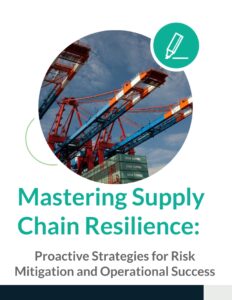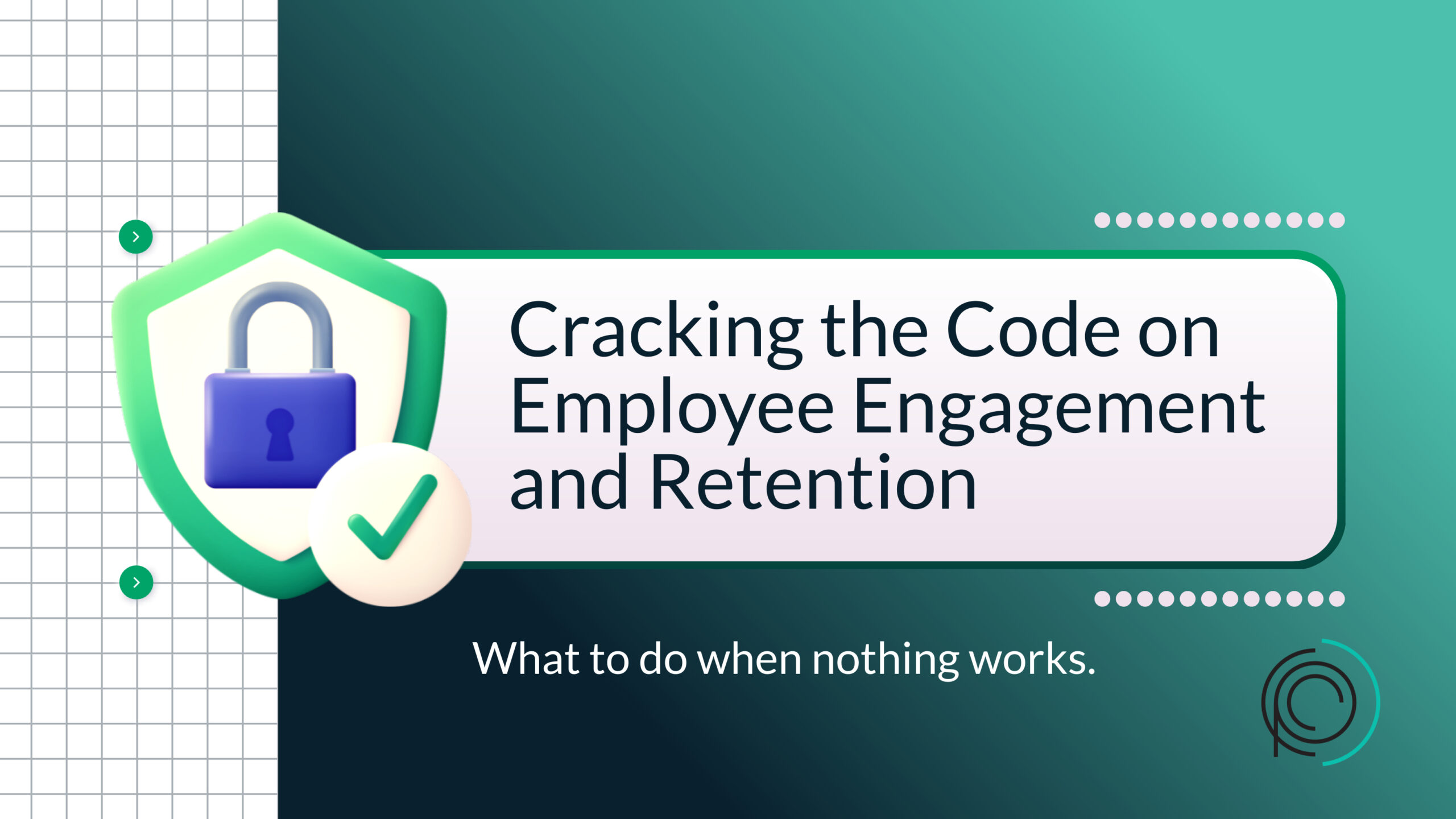Breaking the Cycle of Misconceptions: How Cultivating a Culture of Curiosity Drives Organizational Growth and Resilience
Have you ever found yourself in a conversation where someone is convinced of something entirely false, such as believing that the capital of Australia is Sydney or holding onto some other blatantly incorrect belief? They’re so sure of themselves that they’re even willing to wager money on it, only to be taken aback when they discover their mistake. Perhaps, in a moment of overconfidence, you’ve found yourself in that position as well. While on a personal level, this might result in nothing more than a slight blush of embarrassment, the stakes are significantly higher when such unfounded convictions take root within organizations.
On an organizational level, clinging to misinformation or outdated beliefs without questioning them can lead to strategic missteps, wasted resources, and missed opportunities for growth. It’s a vivid illustration of the dangers of stagnation and the importance of maintaining a mindset geared towards continuous learning and adaptability.
This is precisely why embracing growth and uncertainty is crucial. It encourages a culture of curiosity, where questions are welcomed, and knowledge is continuously updated. This approach not only safeguards against the pitfalls of stubbornly holding onto falsehoods but also fosters innovation and resilience in the face of change.
The issue with unwavering certainty
In certain contexts, having an air of certainty can be incredibly beneficial. The feeling of impostor syndrome, a common phenomenon where individuals doubt their accomplishments and fear being exposed as a “fraud,” is decidedly unhelpful in progressing through life’s challenges. Conversely, the approach of “faking it until you make it,” or harboring a strong, unwavering belief in one’s own abilities, is often cited by many successful individuals as a crucial factor in their achievements. In many instances, having confidence in yourself can inspire others to place their trust in you as well. This can prove to be incredibly advantageous, particularly when it comes to securing coveted job positions or attracting significant investments for your business venture.
However, this mindset of absolute certainty is not without its pitfalls. Embracing a stance of infallibility can eventually become a significant obstacle to further growth and development.
Why is it problematic to believe you’re always right? Holding onto the belief that you’re always right essentially means you’re dismissing everyone else’s opinions and perspectives as wrong. One of Stephen Covey’s 7 Habits of Highly Effective People emphasizes the importance of seeking to understand before being understood. This principle, found here, advocates for listening actively to others’ viewpoints rather than rushing to express your own. It’s a call to embrace humility, to consider alternative perspectives without preconceived notions, and to stay open to new learning opportunities.
If you operate under the assumption that you already possess all the knowledge worth having, you close yourself off to fresh ideas and innovations. This closed-mindedness can severely limit your ability to adapt to new trends and technologies, which are crucial for maintaining a competitive edge in any industry. For instance, staying informed about and adopting new technologies, as discussed here, is vital for businesses aiming to lead rather than follow. The reluctance to innovate and evolve can lead to stagnation and, ultimately, could contribute significantly to the decline or even the demise of your company.
This mindset of openness not only fosters personal growth but also cultivates a work environment that values continuous improvement and adaptability. Encouraging this culture within your organization can lead to groundbreaking ideas and solutions, propelling your business forward and ensuring its longevity and success in an ever-changing market.
You might feel confident that you’re leveraging the most advanced technology available today, but it’s a certainty that what’s cutting-edge now won’t hold that title indefinitely. Technology evolves at a rapid pace, and what is considered the pinnacle of innovation today might be outdated tomorrow. Given this continuous evolution, it’s impractical for one individual to keep an eye on every facet of their business and operations continuously. Therefore, your most strategic move is to be open to suggestions from others. Listening to diverse perspectives can provide insights into new tools, solutions, and methodologies that could enhance efficiency and keep your business at the forefront of technological advancement.
How to be less certain
So, what’s the alternative to staying fixed and unmovable? It’s about opening yourself up to a world of other possibilities and embracing flexibility in your approach.
If you’re in a leadership position, such as a manager or an executive, it’s crucial to work on changing the dynamics of how you interact with the members of your organization. This means not just giving orders, but actively seeking the insights and feedback of your team regarding the tasks they perform daily and the overall direction of the company. This is particularly important when it comes to new hires or younger employees, who often bring the freshest perspectives to the table due to their recent experiences and contemporary education.
One practical approach could be to implement more inclusive communication strategies. For instance, you could create structured yet open ways to ensure everyone has an opportunity to voice their thoughts in team meetings, perhaps by having round-table discussions or dedicating time for open-floor input. Additionally, consider establishing regular feedback sessions where employees can share their ideas and suggestions without fear of judgment, thus fostering a culture of openness and innovation.
By doing so, you not only empower your team but also potentially unlock novel ideas and approaches that can drive your company forward in the competitive business landscape.
Ideally, fostering openness shouldn’t be an individual effort; it’s crucial to integrate this value deeply into your organization’s culture. Discover how to make openness a core part of your corporate identity by visiting https://cpcchangeagent.com/post/what-s-your-corporate-cultural-fingerprint/. One practical way to achieve this is by instituting mandatory bi-annual one-on-one meetings between managers and their team members. This policy ensures that all employees have the opportunity to voice their thoughts and feedback directly to their supervisors, promoting a culture of transparency and open communication. Such initiatives not only enhance mutual understanding but also contribute to a more inclusive and dynamic work environment where every voice is heard and valued.
Bring in a third-party
Claiming that the solution to many problems is simply “becoming more open” sounds straightforward, yet it’s far from a simple feat akin to waving a magic wand and witnessing immediate change. If you’ve entrenched yourself in a singular way of thinking for an extended period, altering your perspective and approach can prove to be a challenging endeavor. This is particularly true if your leadership style and the organizational culture you’ve cultivated are deeply rooted in these fixed mindsets. Such an environment could inadvertently lead to a scenario where your team members might feel hesitant or altogether reluctant to share their genuine thoughts and perspectives. Breaking down these barriers and fostering an atmosphere of openness requires more than just a shift in mindset; it demands a conscious, concerted effort to encourage transparency and dialogue within the team.
Incorporating a third party, such as a consultant, into your business strategy can be incredibly beneficial. Consultants bring a unique, fresh perspective that you and your team might miss, trapped in the day-to-day operations. They are capable of identifying and suggesting tangible improvements in areas that you may not have considered before due to familiarity or operational blindspots. Their expertise can illuminate new paths to efficiency and growth, particularly in four key areas:
- People: This refers to gauging how engaged, productive, and satisfied your team members are. A consultant can offer strategies to boost morale, improve team cohesion, and enhance overall productivity, ensuring that your workforce is motivated and aligned with your company’s goals.
- Processes: These are the tasks and operations that your company executes on a daily basis. A consultant can help streamline these processes, making them more efficient and effective. By analyzing your current workflows, they can identify bottlenecks, redundancies, or outdated procedures and propose modern, streamlined approaches.
- Technology: This area focuses on the software and automation tools your company uses. With rapid advancements in technology, a consultant can recommend new tools or software that could significantly improve your operational efficiency. They can also help integrate these technologies into your existing processes in a seamless manner, ensuring your team can adapt without disruption.
- Customer Services: This pertains to how well your operations support and satisfy your customers. It’s crucial for the survival and growth of your business. A consultant can assess your current customer service strategies and suggest improvements to enhance customer satisfaction and loyalty. They can help you implement best practices in customer service, ensuring that your clients feel valued and well-cared for.
By focusing on these crucial aspects, a consultant can significantly contribute to building a stronger, more efficient, and highly competitive business. This transformation is essential for companies striving to excel in the rapidly evolving and often unpredictable market of today. The consultant’s role extends beyond mere analysis; they engage directly with your team, facilitating open discussions to gather insights on existing procedures and proposed changes. This inclusive approach guarantees that you receive genuine and constructive feedback, ensuring any adjustments are well-informed and strategically sound. Their expertise not only identifies areas for improvement but also fosters a collaborative environment conducive to growth and innovation.
Ready to open up?
Successful businesses can often be likened to bodies of water rather than static statues made of concrete. They should embody fluidity, constantly moving and adapting to the ever-changing environments around them. This adaptability and willingness to innovate are fundamental for growth and sustainability in today’s fast-paced world. Yet, achieving these qualities is nearly impossible if there is a rigid belief in always being correct. Embracing change and different perspectives is crucial.
If you’re looking for that extra nudge towards adopting a more open and adaptable approach in your business endeavors, look no further. We specialize in guiding businesses through the maze of operational improvements and process optimizations. As a dedicated business operations consulting firm, our primary goal is to assist companies in strengthening their foundations by introducing and implementing more effective processes.
We believe that through detailed analysis and tailored advice, your business can not only adapt to current market demands but also anticipate future trends, setting you a step ahead of the competition.
To discover more about how we can contribute to your business’s success and for a more in-depth discussion of our services, we invite you to reach out. Contact us today to book a comprehensive consultation, and let’s embark on this journey of transformation together. Visit our consultation page to get started.







